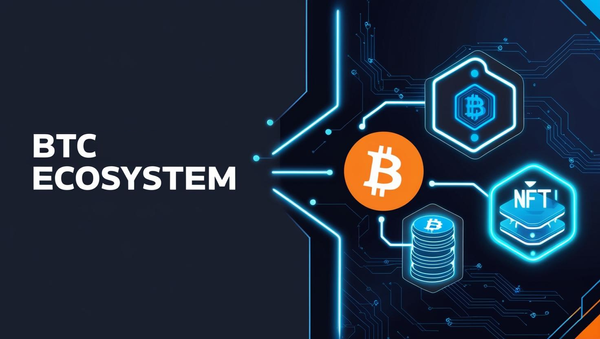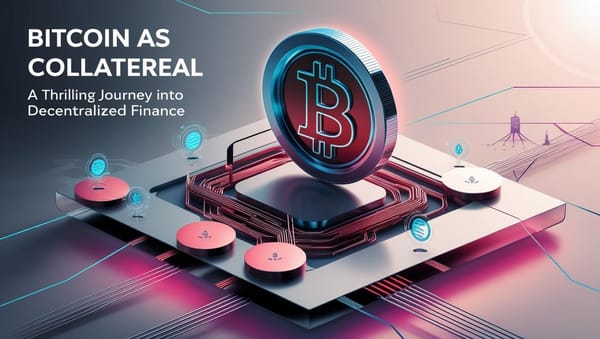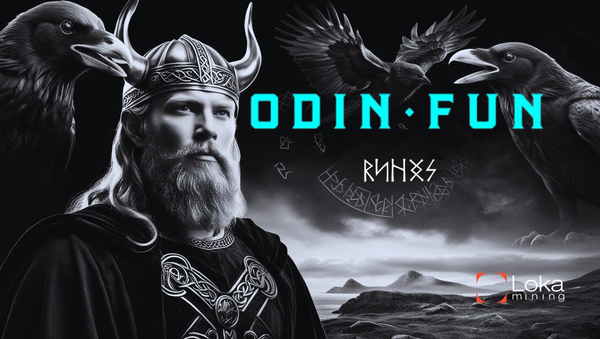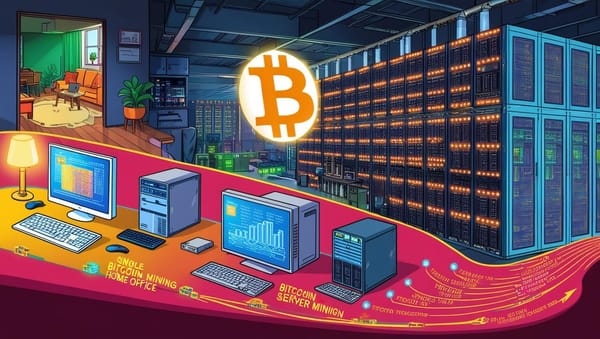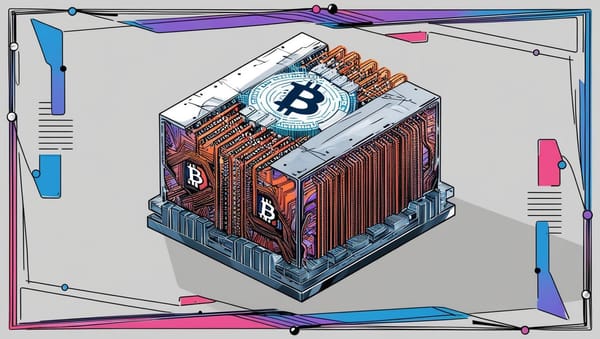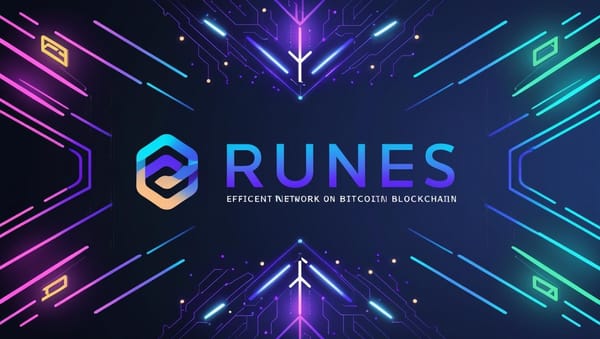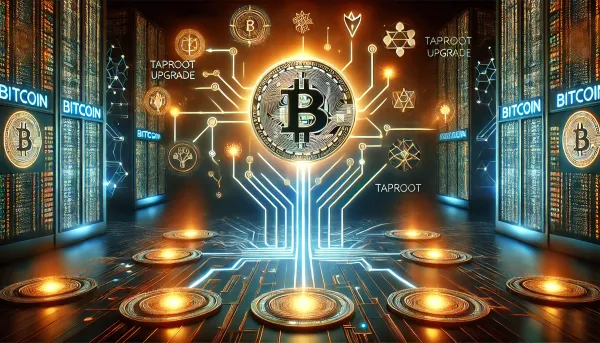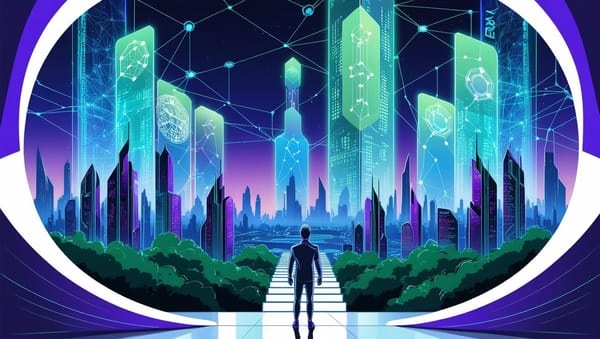
Bitcoin as Your Key: How SIWB Is Redefining Web3 Authentication
Sign In With Bitcoin (SIWB) is an innovative authentication system that leverages Bitcoin’s cryptographic security to enable seamless, password-free logins for decentralized applications (dApps). Developed by AstroxNetwork and designed for integration with the Internet Computer (ICP), SIWB marks a bold step toward a decentralized internet where users control their



